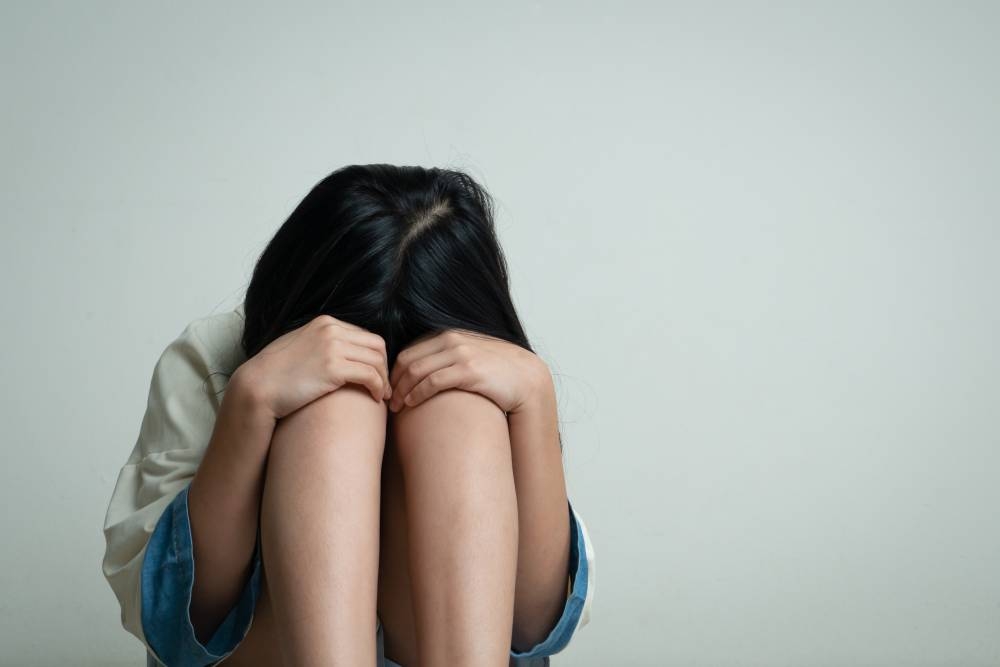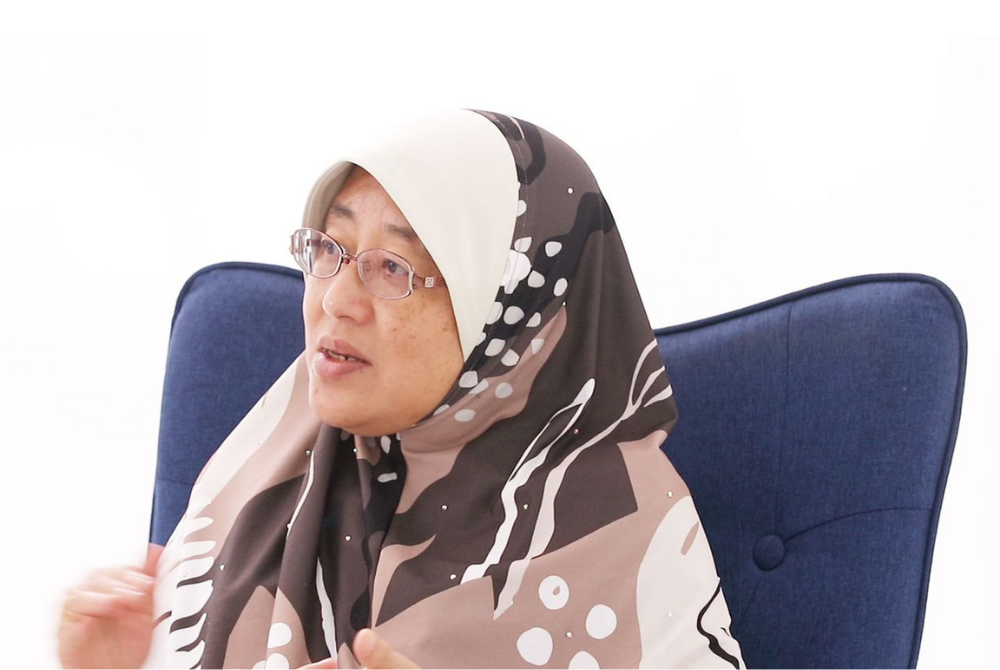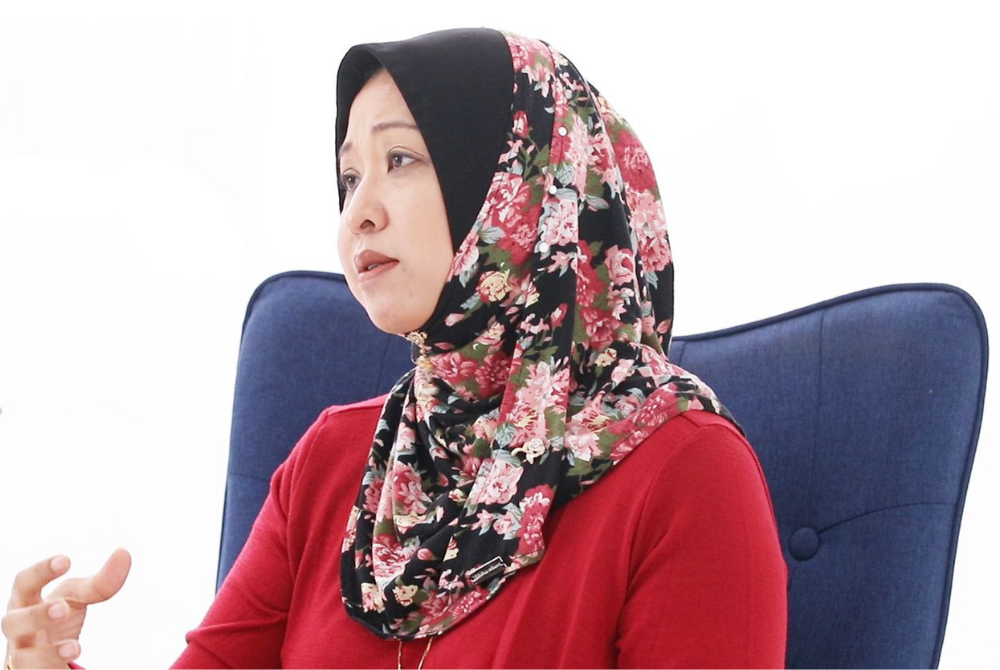Orphaned and Unfortunate: Malaysia’s bewildering flirtation with orphanage policy (Part 1)
Delving into the cracks of a system designed to care for Malaysia’s parent-less and abandoned children.
Zaidi Azmi
SHAH ALAM - A heavy sigh, one laced with disappointment, was the first thing Datin Paduka Che Asmah Ibrahim let out when she was asked about the plight of orphans in Malaysia.
She looked calm and composed. Her lips pursed but her eyes had a crestfallen glint to them.
“The system is flawed. Government institutions are the last place they should be raised in,” Che Asmah said, straight to point, not mincing a word.
“I believe children should be given the opportunity to be raised in the loving care of a family.”
Che Asmah is no stranger to the Malaysian orphanage community.

She is the CEO of the non-profit, OrphanCare and was also the former CEO of the National Welfare Foundation – a charitable body under the purview of the Women, Family and Community Development Ministry.
Simply put, she is someone who has been both inside and outside of the system.
And her critical view of orphanages managed by the government – officially called Children’s Home under the Social Welfare Department – were not without merit.
“For children raised in these homes, their lives are regimented with a fixed schedule. Their upbringing is never the same as experienced by those who are brought up in a family setting.
“They have very little interactions with the public and society at large. Most of the time, they are kept there until they are 18, and then they are released to the society,” she explained.
Che Asmah says this approach runs contrary to the ministry’s kinship childcare policy for abandoned children which came into effect in 2006.
“The policy outlining family-based-care for these children is there. OrphanCare was involved in making it happen,” she said.
“The law has been amended to incorporate the policy, but we don’t see much effort towards realising it.”
In fact, a pilot project to test the policy which began in 2016 is progressing at a snail’s pace and is yet to yield anything of substance, she said.
“We have done our own study and we discovered that 90 per cent of the children in government orphanages have extended family members. Many were sent to the institution because their extended families did not have the means necessary to take care of them.
“If the government wants to promote family-based-care then it should help and empower the children’s extended families so that they can be reintegrated and raised in a familial setting,” she reasoned.
Instead, the ministry and the Social Welfare Department were claimed to have taken a different approach – a rather peculiar contradiction to boot.
Due to limited facilities and manpower, the department allegedly enlisted the services of private orphanages to care for orphans under its watch.
“The more the number of children from the Department of Social Welfare they take in, the higher their income. In a way, this arrangement discourages both adoption and re-integration.
“Although not all private orphanages are bad, we have seen a number of cases where certain quarters would hoard children from the Welfare Department just for the sake of securing a stable income,” she said.
Malaysia currently has 15 children’s homes in the entire country, with a maximum enrolment capacity of 1,500 and because these institutions are formed by the Children’s Act, it can only help those who are under the age of 18.
An owner of a private orphanage, who spoke under the condition of anonymity, admitted that there were indeed unscrupulous orphanage owners who did this.
“To them, the Department of Social Welfare is a gold mine. The orphans are a valuable commodity.
“They prefer babies, the dumped and abandoned ones, as it is easier to persuade the public to donate to their institutions,” he said.
This quid-pro-quo arrangement was also problematic, Che Asmah pointed out, because not everyone can care for children that aren’t biologically theirs or their next of kin’s.
And in some worst-case scenarios, these children might end up being abused.
A case in point would be the tragic incident of a down-syndrome orphan who was found with severe injuries at a private orphanage recently, with legal proceedings against the perpetrator ongoing.
“So, we have one policy here, talking about family-based-care and on the other hand, we are also coming out with an approach that, in a way, incentivises private orphanages to keep more children longer with them.
“Our concept of orphanages is wrong. Orphanages are supposed to be served merely as transit homes for children who are open to either be adopted or fostered. Malaysia does not have a fostering system, but adoption can be done,” said Che Asmah.
She argued that if Malaysia truly advocates family-based care, then the Department of Social Welfare should prioritise matching orphans under their care with potential adoptive parents instead of keeping them institutionalised.
“This is to give the children the opportunity to grow and get the love and care of a family instead of keeping them in the institutions, be it the governments or private.
“Also, instead of giving money to private institutions, why don’t we, instead, give that money to extended family members who agree to take care of these children and do regular checks to ensure there are no hanky-panky,” said Che Asmah.
Another systemic flaw of the current system was claimed to be the sheltered and regimented upbringing practised in children’s home.
CEO of the Youth Empowerment Foundation (YEF) Malaysia Annie Othman asserted that the approach has a way of affecting the psychological growth of the orphans who grew up in the institution.

“When they come to us, although they are 18-years-old, you can tell that they have not been exposed to real life,” said Annie.
“They don’t know how to socialise, how to talk to adults. It is very hard to get their focus when you’re conversing with them.”
Similar to OrphanCare, YEF is also a non-profit that specialises in orphan childcare; operating a transit home for orphans who are compelled by law to age-out of their orphanages in spite of not having anywhere else to go.
“Those in the know, call them ‘budak-budak institusi’ (institutionalised children), but at YEF we call them our beneficiaries.
“What these children have to go through is sad. There are no serious efforts being done to help them properly transition into the society when they need to age-out of the institution.
“They need guidance. They need to be taught how to be independent. In the institution, their basic needs are all taken care of, but they are oblivious to the fact that these perks will be gone once they age-out of the institution.
“If the powers that be do not change system, then what will happen to these orphaned and unfortunate children?” Annie asked.
(In the second part of ‘Orphaned and Unfortunate’ tomorrow, former institutionalised orphans from a children’s home recount their tale of being victimised by cracks in the system and how one of them ended up in the prostitution ring)
The journalist is a grant recipient of Internews Europe’s Investigative Journalism Story Grant sponsored by the European Commission. This article is part of Internews’ Community Voices – Suara Masyarakat project.
This publication/story was produced with the financial support of the European Union. Its contents are the sole responsibility of Internews and do not necessarily reflect the views of the European Union.













